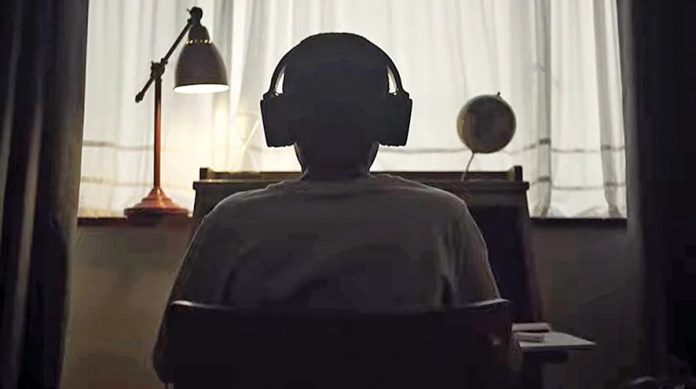Johannesburg- Fourteen pupils from some of the most destitute rural areas in KwaZulu-Natal have been given the opportunity to get quality education through a pilot programme between the University of Cape Town Online High School and the South African Human Rights Commission (SAHRC).
Luyanda Sibiya, a pupil from one of the communities of the Valley of 1 000 Hills, about 50km northwest of Durban, was picked to start grade 8 at the online school, which was launched in July this year.
She said it was a dream come true and a step to a brighter future. “It has always been my dream to go to a high school with good quality education, so I worked hard in school. When I was about to give up, I finally get the chance,” said Sibiya.
“This means a lot to me because it is going to give me good opportunities in education and in finding a good job one day. I am thankful and I am going to work hard to prove my appreciation.” According to the SAHRC, the Valley of 1 000 Hills is plagued by high levels of poverty, with a 48% to 50% unemployment rate and limited access to quality education. The area is also considered one of the major epicentres of HIV/Aids, with HIV infection rates as high as 40% in some communities in the area.
The majority of the homes are informal dwellings without adequate basic services such as water, sanitation and refuse removal. Imbeleko, a non-profit organisation that empowers about 1 000 children in these areas through an integrated system of education through scholarships, after-school programmes, mentoring and psycho-social support, said children had only one meal a day at school, and were often deprived of the necessary resources to pursue quality education.
In light of this, the area was chosen by the SAHRC and the University of Cape Town’s Online High School to accelerate access to online learning, particularly for girl children. Yandiswa Xhakaza, UCT’s Online High School principal and director, said the first cohort consisting of 13 girls and one boy were selected by Imbeleko leaders in consultation with primary school leaders and staff in the area.
“The highest potential students, who have high levels of intrinsic motivation and commitment to school and their learning, were selected and have been part of Imbeleko after-school programme since they were in grade 5,” said Xhakaza, noting that the pupils come from six primary schools in the region.
This pilot phase, set for 2022, was announced on Friday by the university, which said it had launched the initiative in line with International Human Rights Day on December 10, under the theme Equality: Reducing Inequalities, Advancing Human Rights.
“The online high school rural initiative is in direct confrontation with impediments to equality. It is an intentional encounter with the continued historic, systematic and socio-economic conditions that contribute to the gendered challenges faced by girls in rural areas.
“The UCT Online High School’s mission is to create new opportunities for learners throughout South Africa to choose an aspirational school regardless of their circumstances”, said UCT vice-chancellor Professor Mamokgethi Phakeng.
Sandile Zwane said the dream of becoming a chemical engineer was now finally a possibility. “I’m very happy to be accepted to UCT Online High School and that my fees will be fully paid for. It will change my life forever.
“It’s an honour and my dream of becoming a chemical engineer. “My mother could never afford to give me this kind of quality education. It’s a dream that is coming true.” Xhakaza said the Imbeleko Digital Academy was where pupils would convene daily to learn together under the supervision of Imbeleko staff.
Follow @SundayWorldZA on Twitter and @sundayworldza on Instagram, or like our Facebook Page, Sunday World, by clicking here for the latest breaking news in South Africa. To Subscribe to Sunday World, click here.
Sunday World



